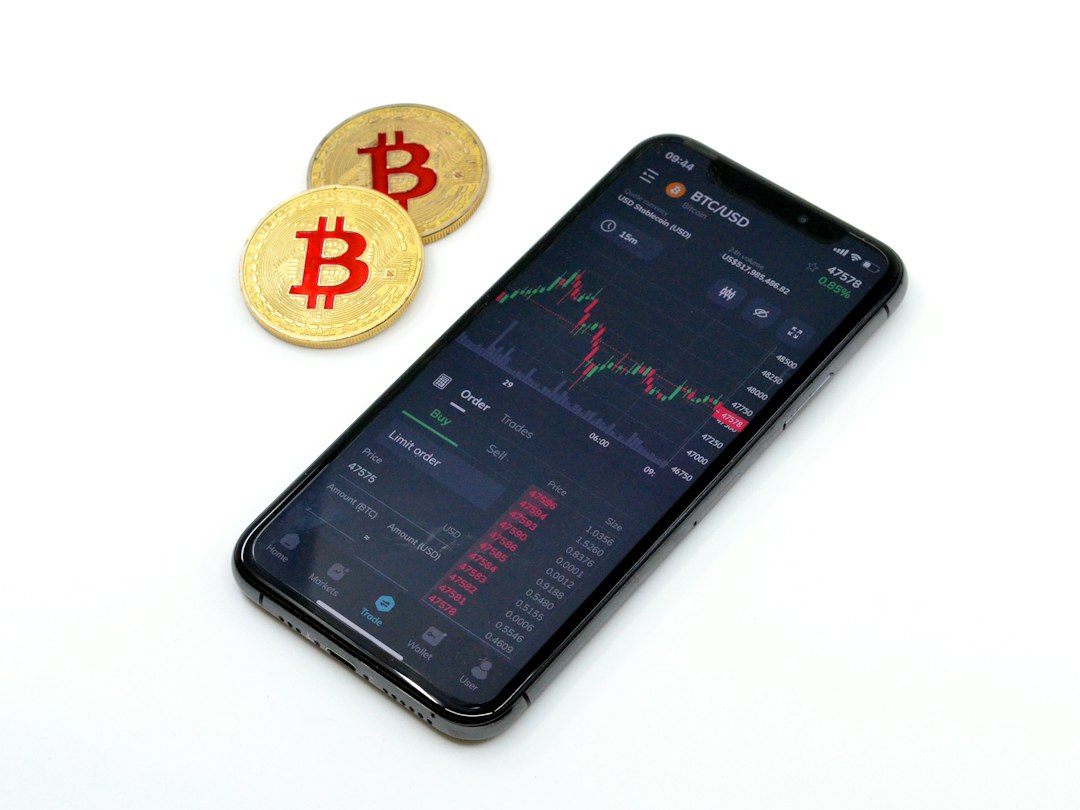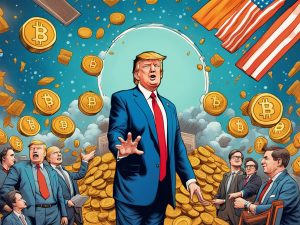SEC Charges Former Goldman Sachs Analyst for Insider Trading
The Securities and Exchange Commission (SEC) has charged Anthony Viggiano, a former analyst at Goldman Sachs, for engaging in insider trading. The SEC alleges that Viggiano tipped off two friends about upcoming merger-and-acquisition deals and strategic partnerships, allowing them to make illegal profits.
Joseph Sansone, Chief of the SEC’s Market Abuse Unit, stated that Viggiano violated his employers’ trust by misusing confidential information for personal gain. This case adds to a growing list of individuals, including politicians and high-profile figures, being implicated in insider trading activities.
Insider Trading Cases Involving Politicians and Public Figures
The spotlight has been on politicians such as Nancy Pelosi, the US Speaker of the House of Representatives, and her husband Paul Pelosi. Paul Pelosi’s stock trades have raised concerns as they appear to align with US legislation in the technology sector. The “Nancy Pelosi Stock Tracker” Twitter account has gained significant attention, reporting on potential insider trading activities by politicians and public figures.
Recent Cases Highlighting Insider Trading
This recent case involving Anthony Viggiano follows other notable instances of insider trading. A police chief in Massachusetts was charged with insider trading, allegedly making over $2.2 million in illegal profits. Additionally, a former Republican congressman was sentenced to prison for trading on inside information related to telecoms deals.
In another case, the former head of product at OpenSea, an NFT marketplace, received a jail sentence for engaging in insider trading.
Hot Take: Insider Trading Continues to Plague Financial Markets
The SEC’s charges against Anthony Viggiano highlight the ongoing issue of insider trading within the financial markets. Despite regulatory efforts to combat this illegal practice, individuals from various backgrounds, including former analysts, politicians, and public figures, continue to engage in insider trading activities. These cases not only undermine the integrity of the markets but also erode public trust in financial institutions and the individuals involved. Stricter enforcement and penalties are necessary to deter potential offenders and ensure a level playing field for all investors.





 By
By

 By
By
 By
By
 By
By